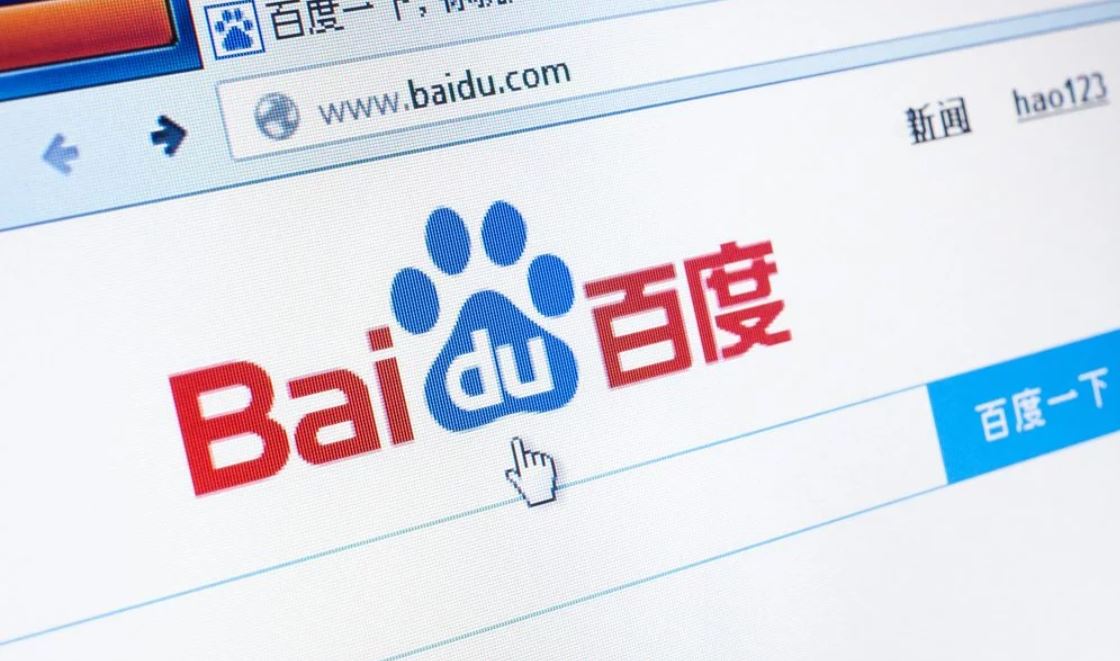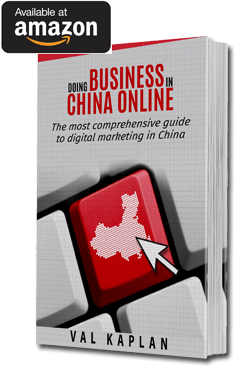Understanding China B2B marketing environment is the key to success in the market which is often described and the “world factory”, producing every product imaginable. Here are the 12 Q&As on this topic that we have consolidated for our B2B clients.
Here are some of the examples of the most common questions:
- When it comes to China B2B marketing, what tools are the most effective?
- Is it critical to establish B2B company’s presence on Chinese social media and if so, which platforms are the must have?
- How can companies re-purpose their existing campaigns on traditional Western platforms for Chinese market?
In this post we have attempted to consolidate our answers to those questions in an easily digestible Q&A format.
China B2B Marketing Q&A
Q1: What is the significance of digital marketing in the China B2B (Business-to-Business) market?
Chinese workforce is very well connected digitally, hence reaching it via those channels is an effective way to engage with the decision makers at all company levels. A lot of communication is taking place within WeChat, both on one-to-one basis as well as in the groups. Taping into that space can prove extremely beneficial for brands selling products to other companies.
Q2: Are there any differences between B2B and B2C?
Yes, some digital platforms are less suitable for B2B, however that would also depend on the type of business you are in. B2B sales process is generally longer and involves more than a single decision maker while this is usually not the case for B2C. Since there is practically no impulse buying in B2B, the marketing should focus on stressing product’s benefits and establish trust rather than relying on the emotional appeal.
Q3: Should companies manufacturing and distributing industrial goods invest in digital marketing activities – in general and especially in the Chinese market?
Yes but, perhaps, not to the same extend as B2C companies. Depending on the niche, B2B companies should invest in quality content that can be distributed to the target audience via WeChat or company blog.
On the other hand, digital marketing helps to establish brand reputation which goes a long way in developing trust, a critical component in B2B sales.
Q4: What are the most important instruments of digital marketing in China in relation to industrial goods?
In our experience, the most effective tools for such companies are WeChat official accounts, search engine marketing and email marketing. They can target potential buyers at different levels of the sales funnel and, if done correctly, will complement and leverage each other.
Q5: Should all these instruments be used in parallel or does their use depend on product group and target group?
Depending on the niche, some channels can be more of less effective. It also depends on where the potential customer is in the sales funnel: SEM is best for finding new business while WeChat and EDM are best for getting repeated business and strengthening brand image and reputation.
Q6: What hurdles do B2B companies have to overcome if they want to start digital marketing activities in China to reach their target group?
It is unrealistic to only rely on digital tools to grow business in China B2B marketing context. Direct marketing and trade shows should be used in the combination with online platforms.
Both digital and offline methods should ideally complement each other and be a part of coordinated strategy. For example, a sales person meeting with a client should have that client’s email recorded in the email database that will be later used for targeted email marketing campaign (with their permission of course). At the same time, that same sales person should also encourage a client to follow company’s official WeChat account, so he or she will be included in a more extensive long term WeChat based marketing effort in the future.
Q7: What is your opinion on data protection with regard to the collection of personal data using digital marketing tools?
Chinese are generally less concerned with privacy compared to Westerners but there are relevant laws and regulations that must be followed. Cybersecurity law that was adopted about 1.5 years ago is very detailed and fairly complex. Companies who collect and store personal data must make sure to stay in compliance with the law or face heavy penalties.
Q8: Which digital marketing instruments should be part of a strategy for the Chinese market and why?
The big ones are WeChat, Weibo and search engines like Baidu and 360Search. WeChat presence is a must for most brands, but Weibo is more suitable for brands that have a social element in their marketing approach. Baidu and 360Search are used to target potential customers early on in their search or discovery stages.
Q9: Is there a need for a different digital marketing strategy for the Chinese market than, for example, for the European or American market?
There is no direct equivalent to WeChat in the Western markets, and there are no direct parallels with Twitter or Facebook in China. Each Chinese platform is a combination of some of those features. Therefore, copy and paste of Facebook/Twitter marketing to those channels would probably not work.
Brands should familiarize themselves with pros and cons of each platform and adjust their strategies accordingly. For example, the requirements for content size, style and formatting are different among those services and may be suitable for different purposes.
Q10: What approach do you recommend to newcomers to creating a digital marketing strategy in B2B for the Chinese market?
Newcomers should start off investing in SEM and WeChat marketing in combination with traditional direct marketing which is aimed at building networks of business contacts at traditional offline events such as trade shows.
If a foreign company is at the beginning of their journey in Chinese market, they will be better advised to outsource such efforts to professionals.
Q11: How important are defining the target group, analysis and selection of suitable measures and instruments for the creation of a suitable digital marketing strategy?
B2B companies usually have a good idea of who their customers are and what they are interested in. Therefore, detailed definition of target audience like it is common in B2C (psychographics, behaviors, interests etc.) is often less relevant when applied to China B2B marketing context.
Q12: Where do you see opportunities but also risks here?
Prevalence of digital tools in China presents a unique opportunity to have a direct access to customers and engage them on a constant and intimate basis as long as the company can offer good value with their content.
The risk is mainly over-reliance on digital tools neglecting traditional “offline” methods that are still the most effective in building business networks and develop brand trust in China B2B marketing environment.





